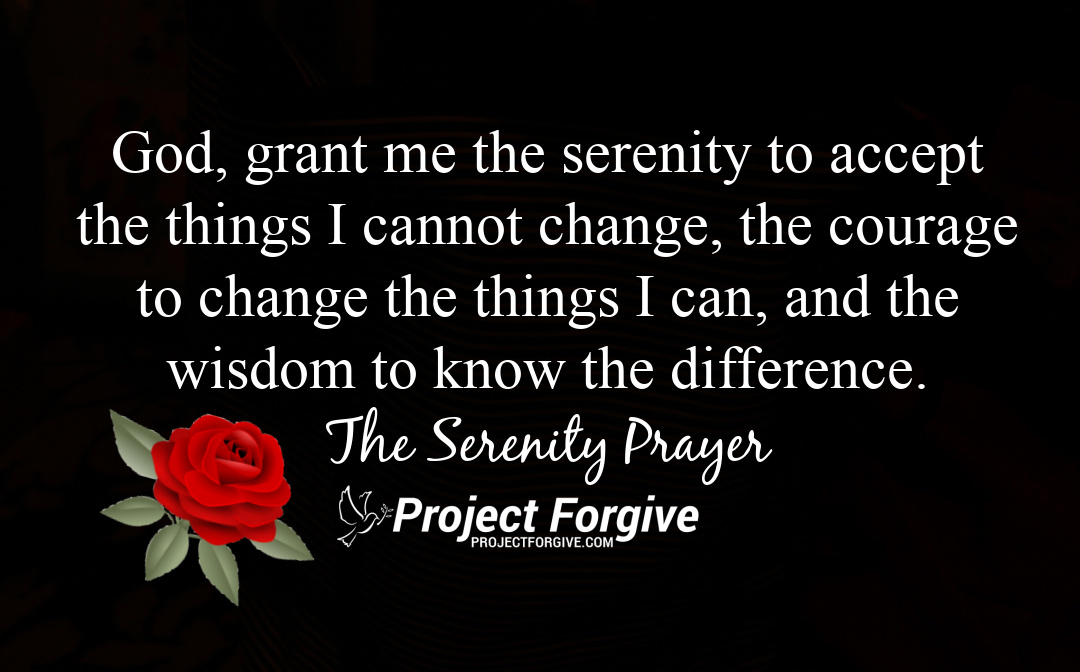When you think gossip, you think mean and nasty, right. That’s not what the research shows at all.
As a matter of fact, research shows that the mean nasty stuff is only about 5-7% of our gossip “talk.”
We’re actually really good people.
I would know this because I have a PhD in good gossip theory. Yes, there is such a thing and there are about 100 gossip experts globally.
One of the reasons Project Forgive has taken off the way that it has is from the use of good gossip theory. One of the tenets of good gossip is authenticity. Our teachings are authentic and we deeply resonate with real talk.
With that said, I found this writing below from an author that shares their feelings around someone having a bad opinion of them.
We’ve all been there. Some of us many times.
Take a breath and enjoy this truth telling. Embrace the vulnerability of allowing things to be as they are, because in many cases (according to good gossip theory), truth tends to rise to the top.
If you know who wrote this, please tell us. I would love to give credit for these lovely written thoughts.
Enjoy, Dr. Shawne

Letting Go Of Someone’s Wrong Opinion of You
“I think one of the hardest things, at least for me, is to allow someone to have a bad opinion of me.
I want to defend myself. I want to explain why they’re wrong. I want to convince them that I’m a decent person and I am worth liking.
I don’t want my reputation left in their hands because their hands are fickle.
But the truth is. The very, very hard-to-swallow truth is that I’m not in control of their opinions about me.
I’m not in control of the view they have of me, the light they choose to see me through and unfortunately, even what they say about me to others.
Peace is letting go.
Peace is accepting that they’re entitled to their feelings about me.
They have every right to not like me. They have every right to not choose me, to not invite me or to label me as the villain, the bad guy, or whatever else they want.
They don’t have to forgive me, give me grace or even attempt to understand my point of view.
But at the end of the day, the thing is, my reputation is who they think I am—whatever version of me they have created in their mind.

It may be about me. It may involve me, but it’s not really mine to hold.
My character, however, is who I actually am.
My character belongs to me and me alone, and I take it seriously, so I guess they can have their perceptions and they can have their own ideas about who I am and why I do what I do. I release their opinions about me, but I hold tight to my peace.
We all have to take responsibility for the words we write and the things we say.
That’s on us, but we don’t have to exhaust ourselves trying to be responsible for the way people choose to read them or see you.
That’s on them.”
Author: Unknown
If inspired, please share.
Related Articles:
Protecting Your Peace: Effective Strategies for Boundary Setting
A Releasing Practice for Shifting Past Limiting Thoughts, Painful Decisions, and Forgiveness Struggles




